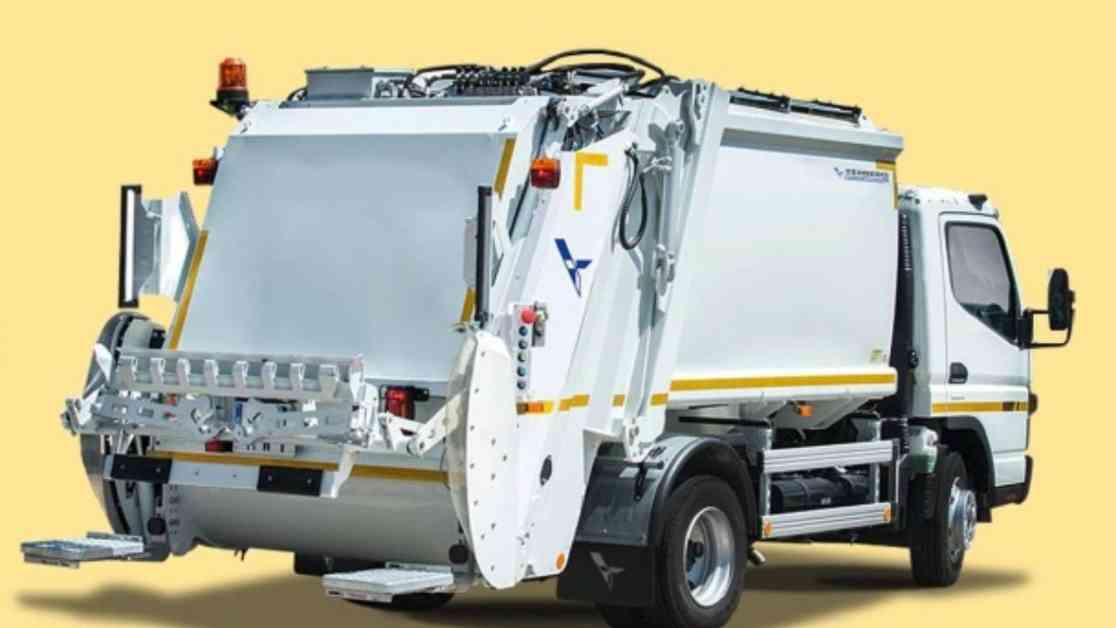Mumbai is about to upgrade its solid waste management system with the introduction of new leachate-free compactors, according to city civic officials. The Brihanmumbai Municipal Corporation (BMC) is preparing to call for tenders to hire a new contractor for the transportation of solid waste to dumping grounds.
Dr. Ashwini Joshi, Additional Municipal Commissioner, mentioned that the BMC is proposing a service-based contract system for solid waste management. This initiative aims to streamline waste collection by implementing a unified mechanism.
The new compactors will have a greater capacity than the current ones, reducing the number of trips and vehicles required for waste transportation. While the existing compactors have a 6-tonne capacity, the new ones will boast a 7-tonne capacity. This upgrade will cut down the number of vehicles needed from 1,000 to 600, resulting in fewer trips for waste disposal.
Moreover, the new compactors will feature an inbuilt leachate holding tank to prevent leachate from spilling onto roads during transportation. This improvement is expected to reduce the number of trips by at least 25 percent.
Currently, Mumbai generates around 7,200–7,300 tonnes of waste daily, necessitating over 1,334 vehicles for transportation. BMC-owned vehicles will continue to operate, especially in three civic wards close to the dumping grounds: L – Kurla, M (East) – Govandi, and M (West) – Chembur, which are exempt from the new transportation model.
To ensure effective grievance redressal related to waste management services, a centralized call center will be established. Additionally, the BMC plans to increase the frequency of city cleaning to twice a day. While only select areas are currently cleaned twice daily, such as Malabar Hill and Shivaji Park, this practice will soon extend citywide.
Dr. Joshi also mentioned plans to eliminate community bins as waste collection efficiency improves. The BMC intends to phase out community bins, streamlining the waste disposal process.
Furthermore, the BMC’s last contract for waste transportation was awarded in 2017 at a cost of ₹2,000 crore. The corporation will introduce smaller vehicles, with 15 percent of them being electric, to navigate narrow lanes for waste collection. The number of tempos deployed to carry dry waste will double from the current 46.
Excitingly, Mid-day is now available on WhatsApp Channels! Stay updated with the latest news by subscribing today. Register for FREE to continue reading and receive insightful and credible journalism.
In conclusion, Mumbai’s solid waste management system is set to undergo significant improvements with the introduction of new leachate-free compactors and streamlined waste collection processes. The BMC’s initiatives aim to enhance efficiency, reduce environmental impact, and provide better waste management services to the city’s residents.




















